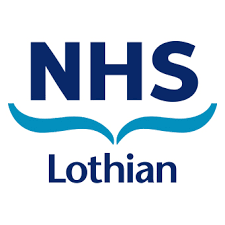Non-prescription treatments:
- Encourage better hydration (>1.6L/day) and more frequent urination
- Encourage urge-initiated voiding & post-coital voiding
- Patients may wish to try supplements such as cranberry extract (avoid if on warfarin) or D-mannose (if E.coli UTI).
CONTINUED RECURRENT INFECTIONS despite above, consider the following:
- Post-menopausal, atrophic vaginitis: topical vaginal oestrogen (review within 12 months)
- Trial of methenamine 1g every 12 hours + over the counter high dose vitamin C 1000mg for 6 months.
- Post coital antibiotics – trimethoprim 200mg once (or as per sensitivities) within 2 hours of intercourse. Alternative: Nitrofurantoin MR 100mg once (if eGFR>30ml/min)
- Self-start antibiotics – 3 day course of antibiotic as per recent sensitivities or empirically based on Lower Urinary Tract Infection/Cystitis guidance. Ensure urine culture is submitted prior to initiating antibiotics and review and revise current and future treatment based on results.
CONTINUED RECURRENT INFECTIONS despite above, consider the following:
- Long-term prophylactic antibiotics trimethoprim 100mg at night for 3 months then stop and assess.
- If trimethoprim resistance identified on urine culture consider risks and benefits of using an alternative such as nitrofurantoin or cephalexin including development of further resistance, side effects, and Clostridium difficile risk.
- Postmenopausal women, no risk factors: consider referral to urology.
Further guidance is available here.
